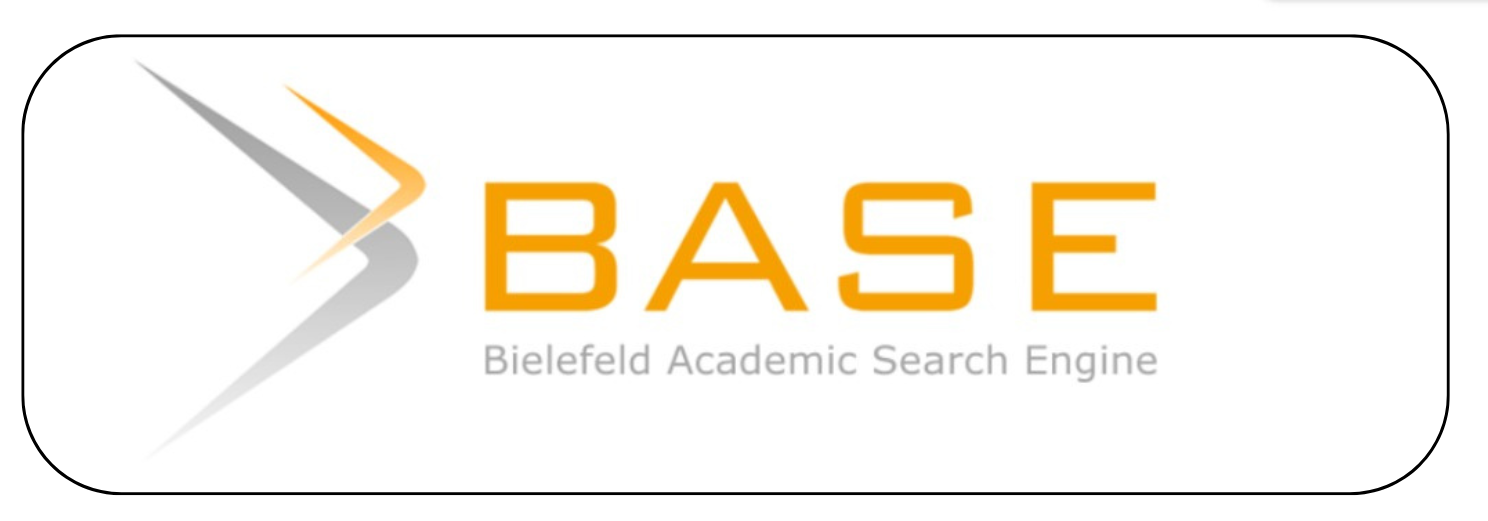Determine The Perceived Usefulness Toward E-Learning Acceptance Among Local Student
DOI:
https://doi.org/10.61688/jev.v5i1.311Keywords:
Perceived Usefulness, Higher Education Institution, Individual Perception, Student Intention, E-Learning AcceptanceAbstract
The global issue of the Covid-19 pandemic has led to a significant shift in the delivery of education services, particularly in traditional higher education institutions, which are now adopting digital alternatives. E-learning is widely regarded as the most suitable and efficient approach for delivering knowledge in accordance with the prevailing academic demands. This study examines the primary factors that impact the intentions of students in higher education institutions in Malaysia to utilize e-learning, in light of the emergence of the novel Covid-19 epidemic. The study was conducted inside the Ampang Indah community, utilizing a sample size of 122 participants. The study utilized a quantitative research approach, employing a standardized questionnaire and conducting statistical analysis. The research findings indicate that there is a significant relationship between perceived usefulness and intention to employ e-learning. Nevertheless, it was shown that subjective norms did not provide a statistically significant impact on the intention to utilize e-learning within the specific setting of Malaysia. The Covid-19 pandemic has necessitated the use of e-learning methods, regardless of individual perceptions. The perceived usefulness of a certain entity or concept has a notable and positive impact on an individual’s attitude towards it. The aforementioned findings provided educational institutions with recommendations for the effective integration of e-learning systems into their educational practices, particularly in situations where traditional in-person instruction is not feasible. These suggestions aim to contribute to the establishment of resilient and enduring education system
Downloads
Downloads
Published
How to Cite
Issue
Section
License
Copyright (c) 2024 Suriza Noorfahmi Hashim, Wan Nurul Hanis Wan Zainal, Norhaninah A. Gani

This work is licensed under a Creative Commons Attribution 4.0 International License.












